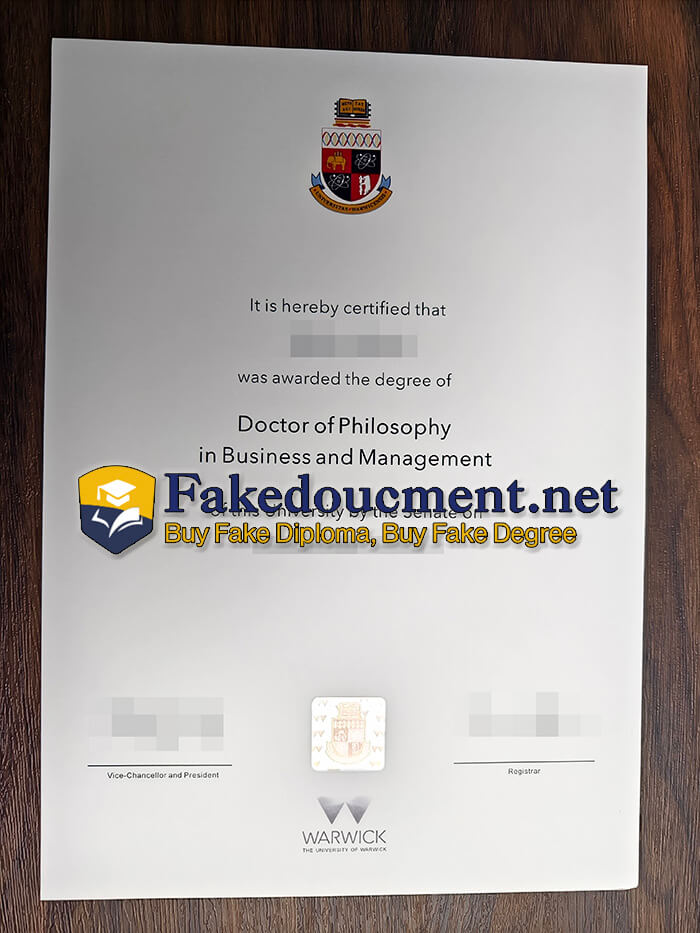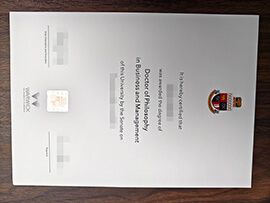
Where to order fake University of Warwick degree certificate online? I would like to buy a realistic University of Warwick diploma certificate online, The best way to buy a realistic University of Warwick degree certificate online? The University of Warwick is a public research university located in Coventry, England. It was founded in 1965 and has since become one of the top universities in the UK.
The university offers a wide range of undergraduate and postgraduate programs in various disciplines, including business, engineering, humanities, and sciences. Warwick is known for its strong research reputation and has partnerships with industry and other academic institutions around the world.
The idea for a university in Warwickshire was first mooted shortly after World War II, although it was not founded for a further two decades. A partnership of the city and county councils ultimately provided the impetus for the university to be established on a 400-acre (1.6 km2) site jointly granted by the two authorities. There was some discussion between local sponsors from both the city and county over whether it should be named after Coventry or Warwickshire.
The name “University of Warwick” was adopted, even though Warwick, the county town, lies some 8 miles (13 km) to its southwest and Coventry’s city centre is only 3.5 miles (5.6 km) northeast of the campus. The establishment of the University of Warwick was given approval by the government in 1961 and it received its Royal Charter of Incorporation in 1965. Since then, the university has incorporated the former Coventry College of Education in 1979 and has extended its land holdings by the continuing purchase of adjoining farm land.
The university also benefited from a substantial donation from the family of John Martin, a Coventry businessman who had made a fortune from investment in Smirnoff vodka, and which enabled the construction of the Warwick Arts Centre.
The university admitted its first, small intake of graduate students in 1964, and took its first 450 undergraduates in October 1965. Since its establishment Warwick has expanded its grounds to 721 acres (2.9 km2), with many modern buildings and academic facilities, lakes, and woodlands. In the 1960s and 1970s, Warwick had a reputation as a politically radical institution.
Under Vice-Chancellor Lord Butterworth, Warwick was the first UK university to adopt a business approach to higher education, develop close links with the business community and exploit the commercial value of its research.
These tendencies were discussed by British historian and then-Warwick lecturer, E. P. Thompson, in his 1970 edited book Warwick University Ltd.. The Leicester Warwick Medical School, a new medical school based jointly at Warwick and Leicester University, opened in September 2000.
On the recommendation of then-Prime Minister Tony Blair, Bill Clinton chose Warwick as the venue for his last major foreign policy address as US President in December 2000. Sandy Berger, Clinton’s National Security Advisor, explaining the decision in a press briefing on 7 December 2000, said that: “Warwick is one of Britain’s newest and finest research universities, singled out by Prime Minister Blair as a model both of academic excellence and independence from the government.”






